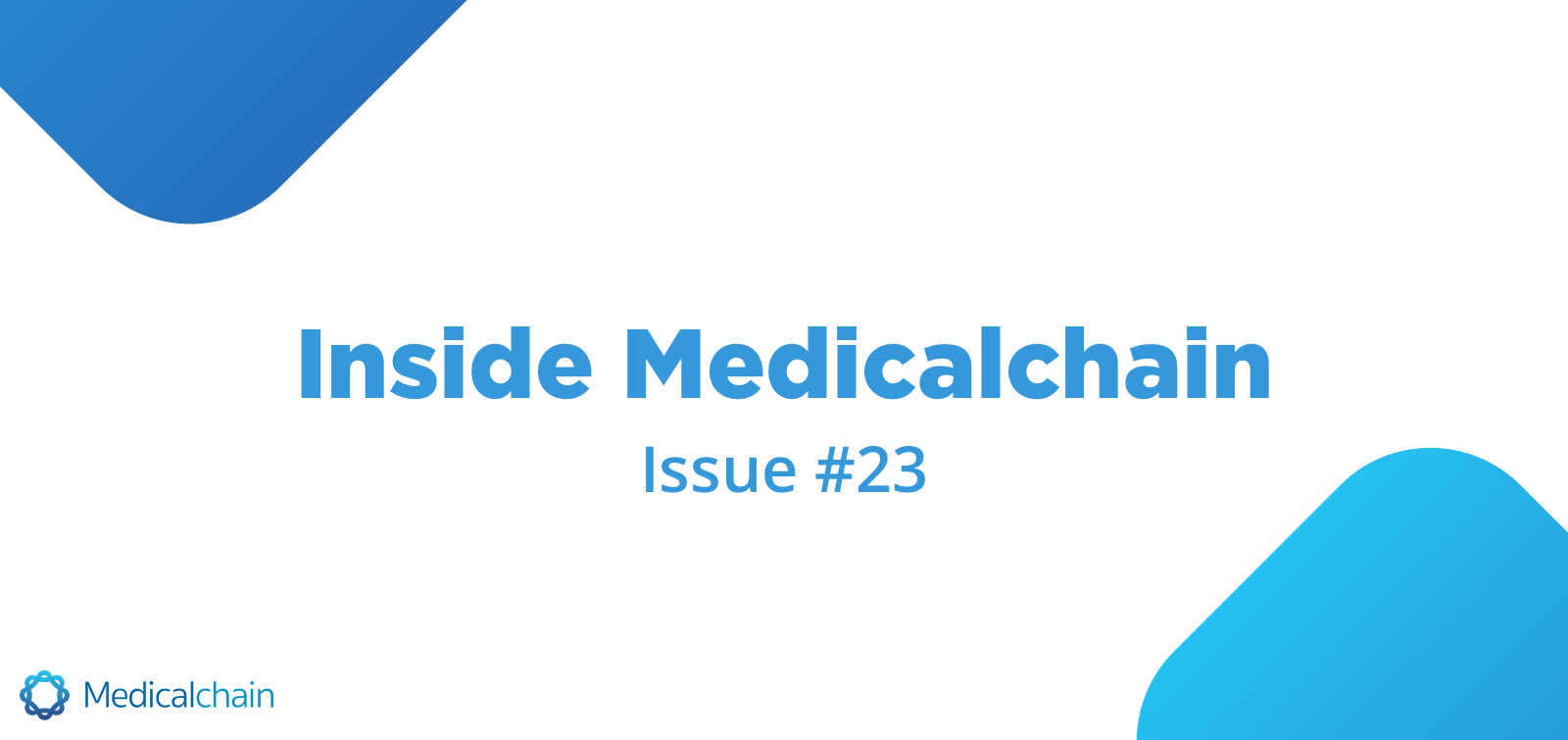
Welcome to the twenty-third issue of Inside Medicalchain, our regular newsletter to keep our community up to date. If you missed the twenty-second issue, you can catch up by clicking here.
Product development
Our upcoming MyClinic features include:
- Screen sharing between clinicians and patients.
- SMS and email invitations to be expanded, beyond links alone.
- The enabling of image and file uploading.
If you have any questions, do check out our Help Centre and don’t hesitate to get in touch at [email protected] if you have any suggestions.
We are looking forward to sharing with the community our blockchain developments for electronic health records. We will be releasing more information soon, stay tuned!
New announcement: We are now G-Cloud approved!
We are very proud to share with you the exciting news that we have received G-Cloud approval. This is a fantastic milestone for both Medicalchain and MyClinic.
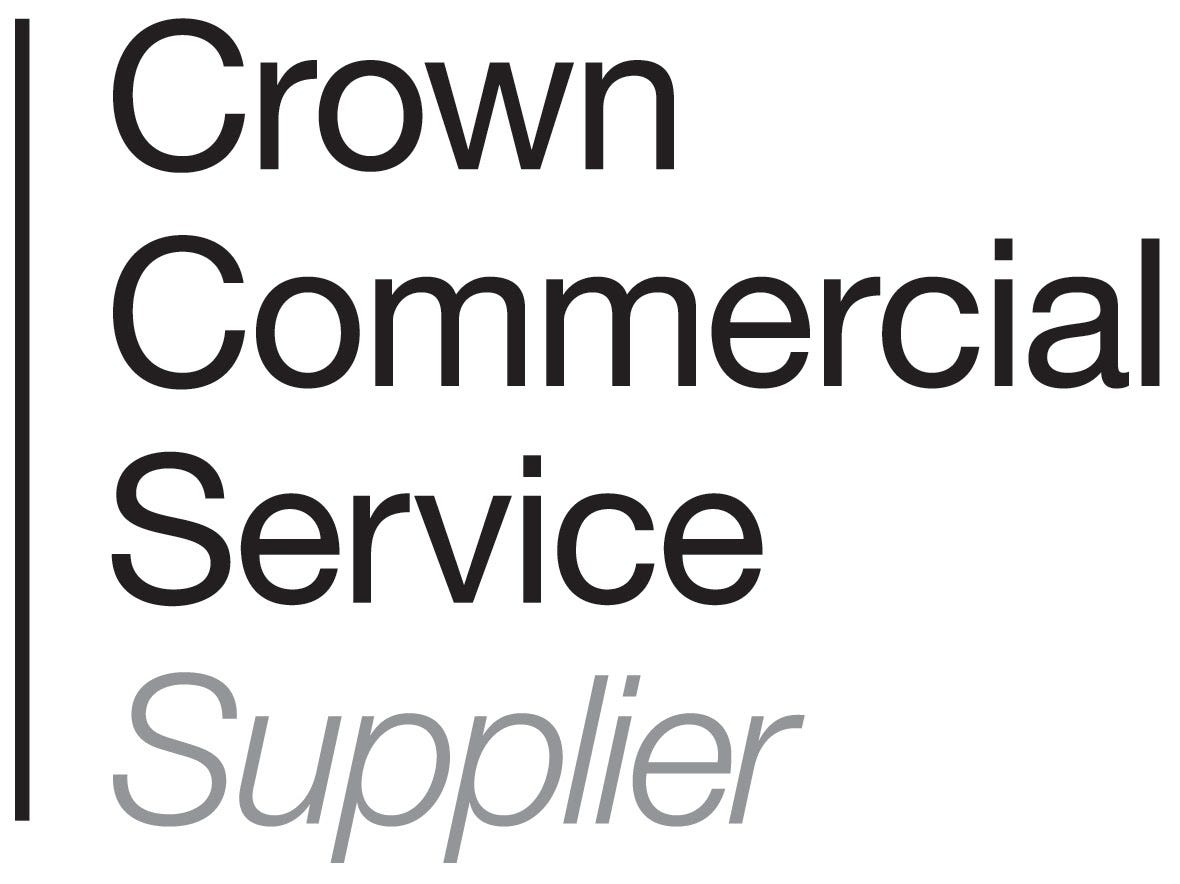
But what is G-Cloud? G-Cloud is a government framework that hosts all of the companies that are able to offer cloud-based digital solutions to public bodies. Each supplier is listed on the Digital Marketplace website, so that procurers can compare different offerings that are available and have reached approval. The framework is managed by the Crown Commercial Services which is an executive agency and trading fund of the Cabinet Office of the UK Government.
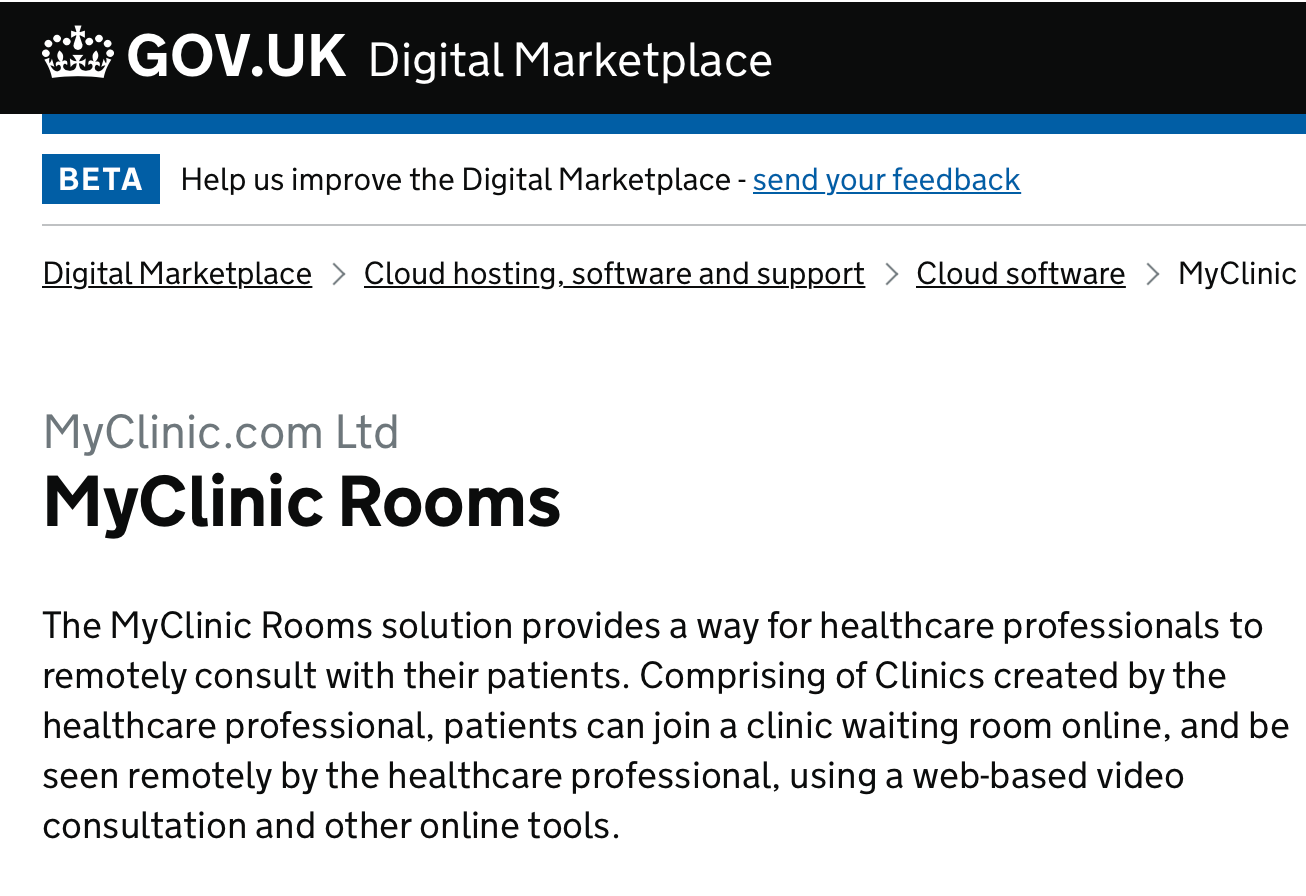
The G-Cloud framework applies to countless different services. We’re part of Lot 2, ‘Cloud Software’ which includes companies that offer online telemedicine platforms that can be accessed both by private or public networks.
You can find our G-Cloud marketplace link here.
Media
MyClinic recently became partnered with the GIANT Health Event 2020, which is a virtual conference being held on 1st-2nd December.
To spearhead the new partnership, our CEO Dr Abdullah Albeyatti featured on the Giant Thinking Podcast with Barry Shrier.
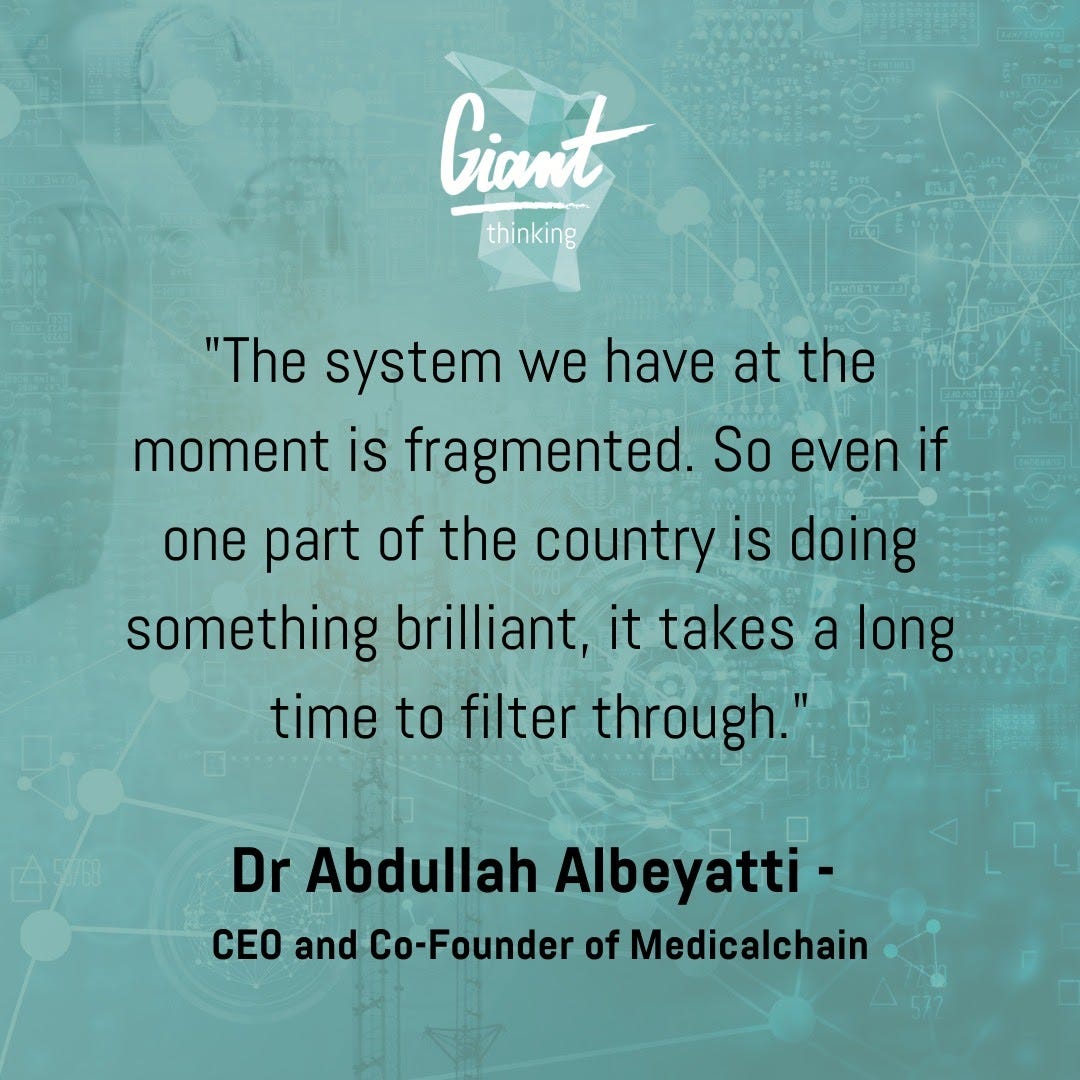
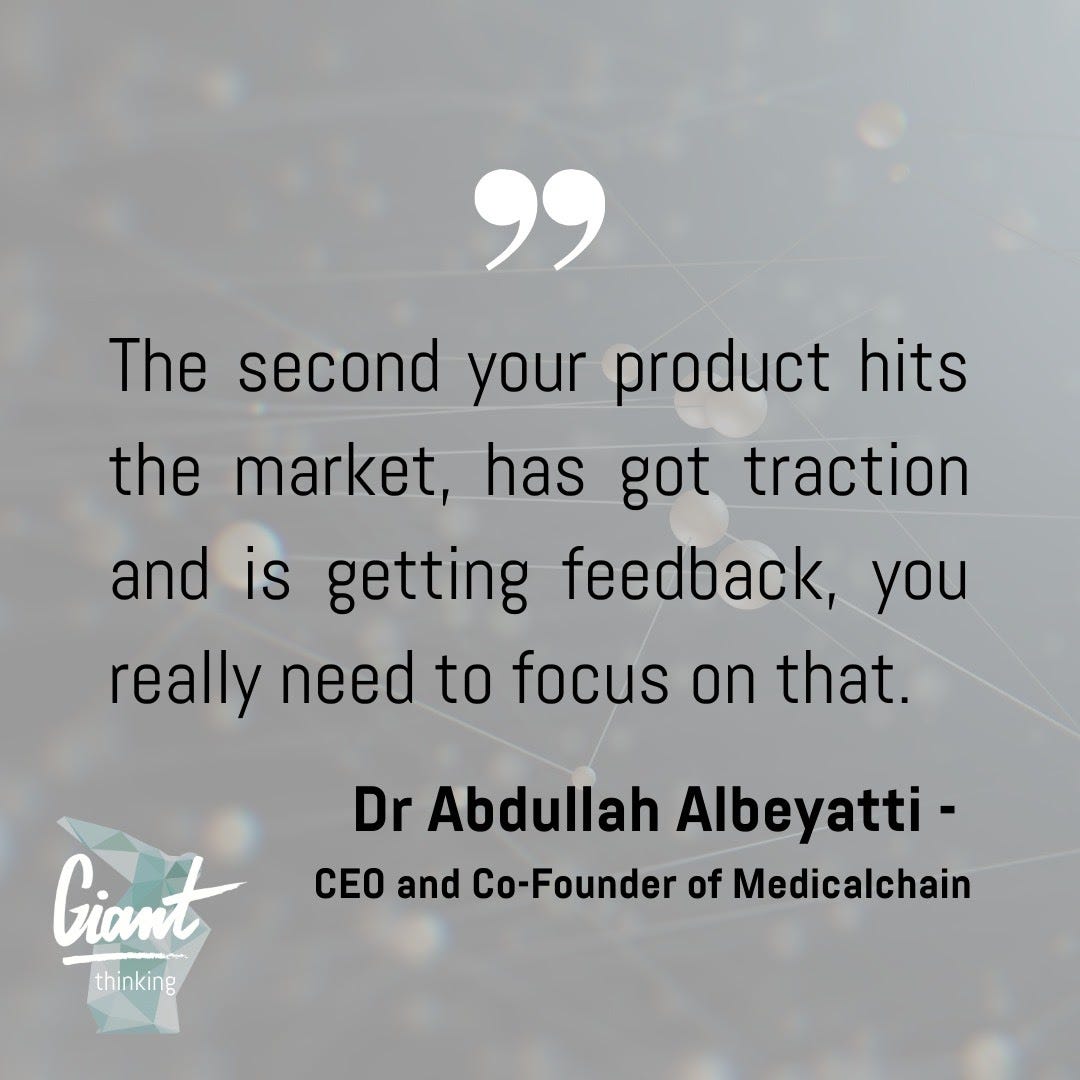
In the GIANT interview, our CEO touches on numerous important driving forces behind Medicalchain and MyClinic.com.
You can access the full interview on Apple podcasts here.
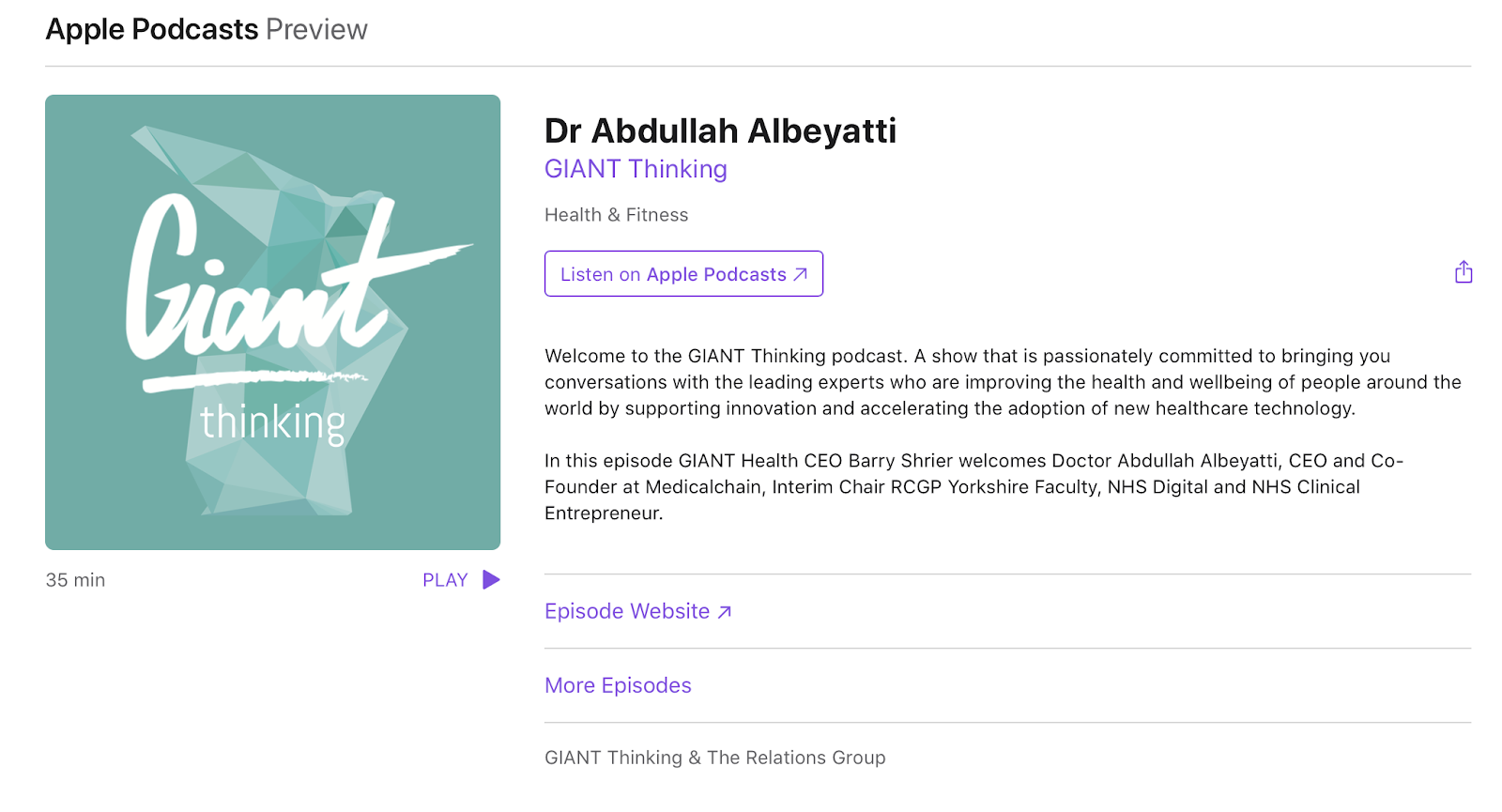
Our CEO Dr Abdullah Albeyatti was announced as a speaker for our ‘Fighting Global Crises: The Emerging Technologies Summit’ virtual conference, taking place on the 11th of November 2020. If you would like to attend, tickets can be found here.
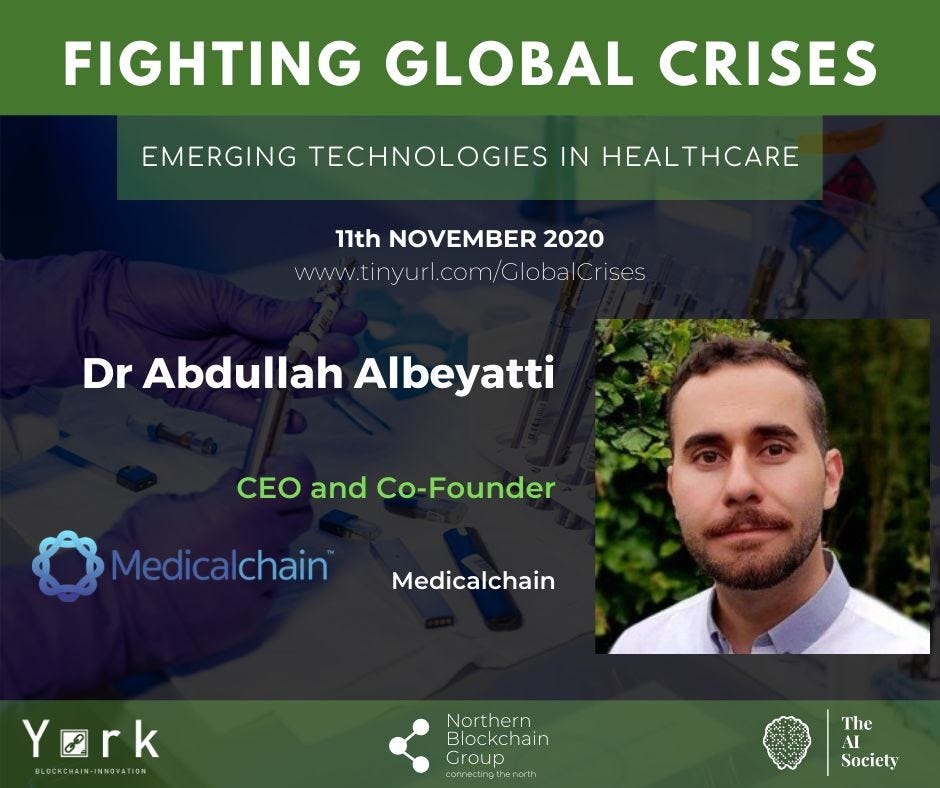
Our COO and Co-Founder Mo Tayeb was a speaker at the Africa Blockchain Dev Call Weekend Series. Their main topic was how to better health services with blockchain adoption and shaping the future of healthcare.
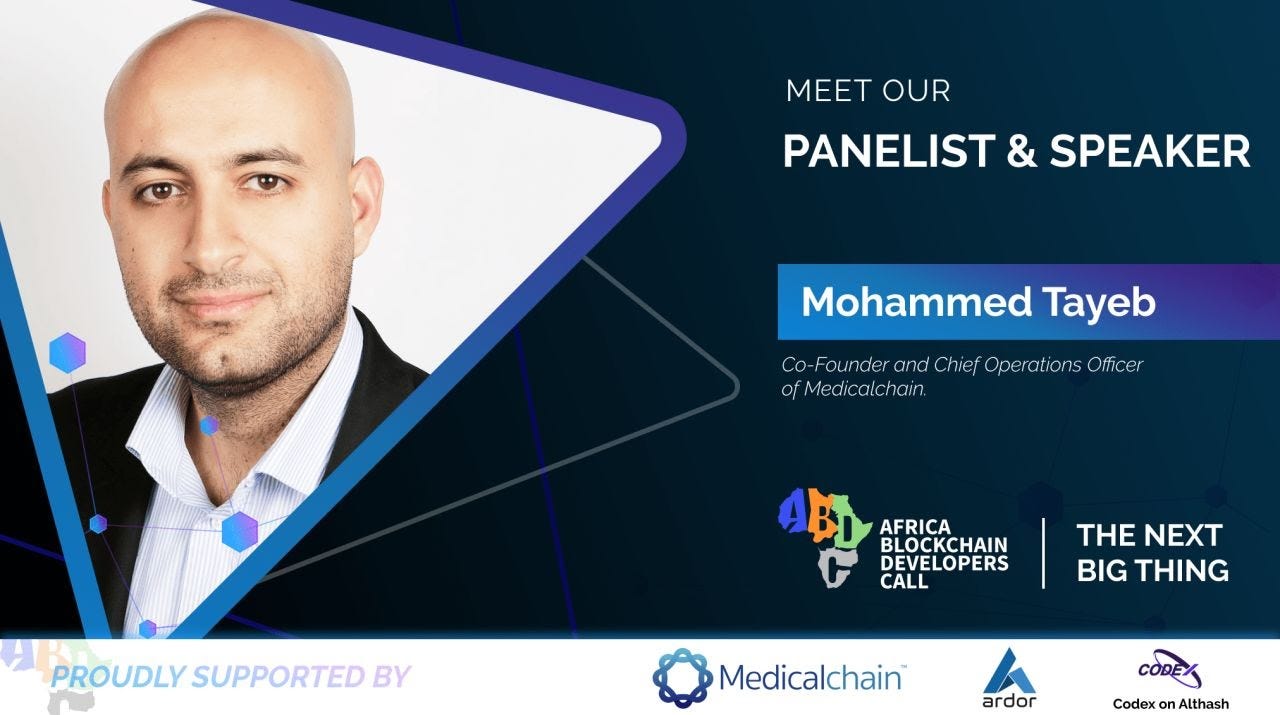
Our CEO describes his experience on the NHS Clinical Entrepreneur Programme, which is now accepting applications from all UK healthcare professionals. This programme has offered a fantastic network for us at Medicalchain.
Check out the interview here.
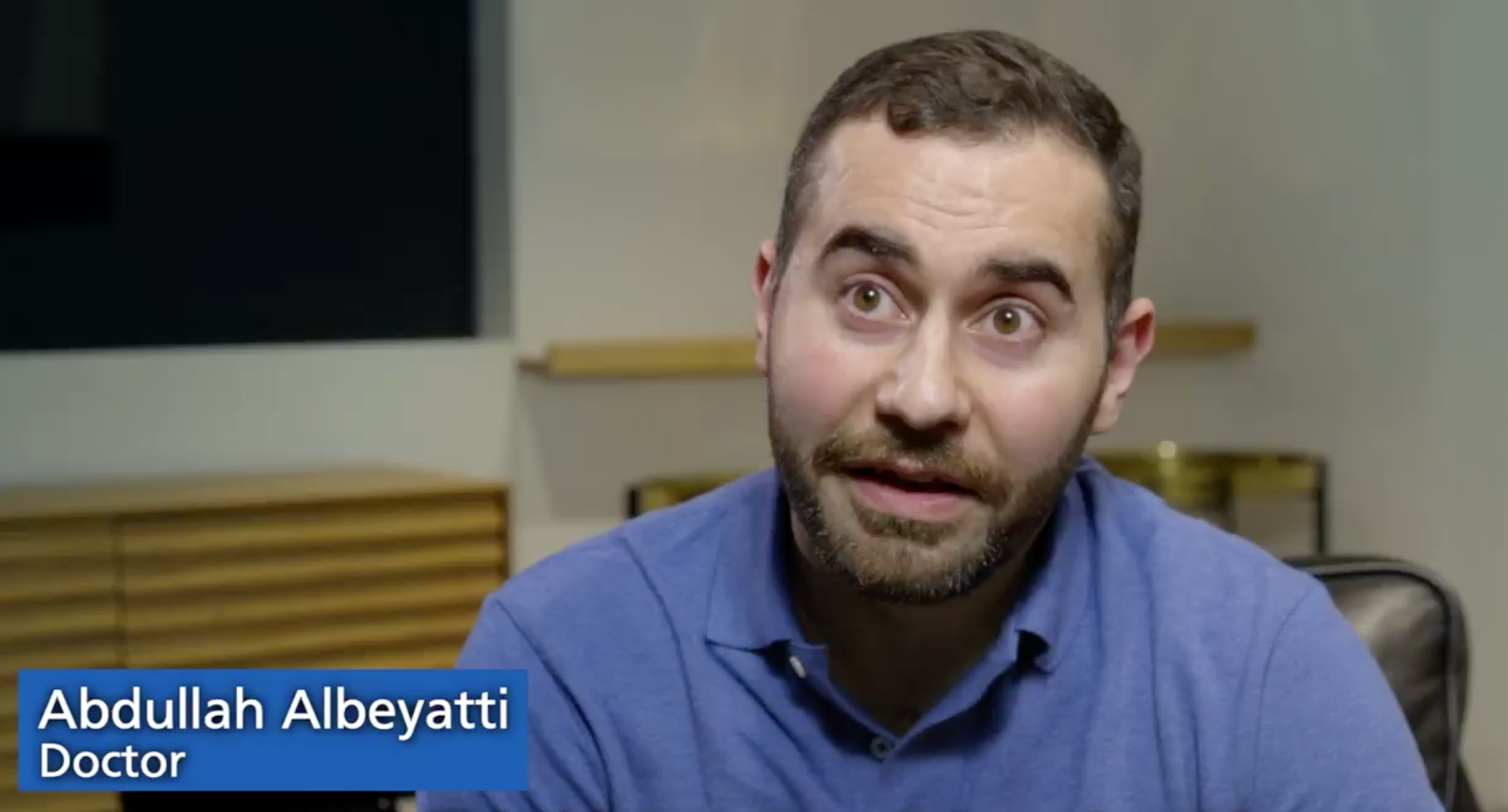
Inside perspective
This section aims to provide an insight into the project, including the people behind the scenes who are working extremely hard to make our vision a reality. In this edition of Inside Medicalchain, Mo Tayeb, our Co-Founder and COO, gives you an update on our work and some invaluable advice for those wishing to enter the health technology space.
We hope you enjoy this inside perspective!
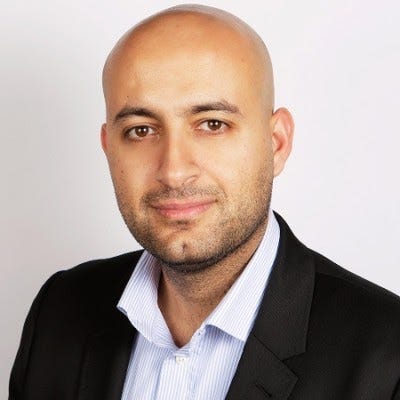
Do you think coronavirus has increased the demand for blockchain-based health products?
In general, the coronavirus pandemic has definitely increased the demand for health products. Blockchain is one of these products, as now people are looking at health passports to show if you have had COVID. And if you have, if you have required any treatments or if you are travelling. These results can be faked quite easily. So, having proper signing (within the blockchain) can definitely be a large help.
In general, people are becoming much more health aware, and there is thereby a need for blockchain-based health products.
How has coronavirus affected developments at Medicalchain?
We really accelerated developments, and launched MyClinic early on in the pandemic. We’ve had over 1000 doctors using MyClinic, specifically for assessing symptoms and diagnosing COVID. It is not just being used by doctors, but by dentists, social health care providers and other healthcare professions.
So, from a telemedicine perspective, MyClinic has been great, and I think has accelerated the development of the otherwise nascent industry by 3–5 years. Following any further elongation of the pandemic, I think there will be an even greater need to use it.
How do you see blockchain and telemedicine working together moving forward?
I see them working together extremely well, particularly within applications that blockchain can help provide such as our health passport.
Previously, the main issue that we found with such applications is that they are not currently used that much, and what use exists can be quite limited. For example, if you move from hospital to hospital or practice to practice, the chances are the systems that are in use are quite different. This means that even if you have your health record on a blockchain, and you would like the hospital to make use of your immutable data, it may still be challenging for hospitals to engage. For instance, they may not have the software in-house to read the data or add new information to your blockchain-based health record. For us, this is where the idea of telemedicine came in — as a means to accelerate the use and adoption of the blockchain-based health passport.
Pre-pandemic, we always thought that telemedicine would be the future, but that adoption would increase at perhaps 10% year-on-year. We figured that over time, doctors would need digital access to a health record. We suspected that current telemedicine software health providers out there would be in tune with the latest technologies, at least more so than current software vendors for health records. As a result, we thought the telemedicine industry would be more keen to access health records, via our solution, and therefore more keen to work with us.
However, since COVID, adoption of telemedicine has skyrocketed. Doctors need access to the health record of the patients they are talking to more than ever. I really believe that blockchain-based health record and telemedicine together is the future. From my own perspective, in my own family we have spoken with lots of doctors regarding a range of health needs that we have had. It is not always the same doctor from the same clinic, so having the verified immutable record that they can rely on is extremely important. I’m sure this resonates with many others too.
How has gaining G-Cloud and NHS dynamic purchasing framework accreditations affected Medicalchain?
These have done, and will continue to positively affect Medicalchain as we are now being seen as recognised providers of health related services/software. This means that the NHS and the UK government have looked at company and software, and believe that it is fit for purpose and it can be used in the right environment within a healthcare setting. They have further verified that our security procedures are up to standard.
If any UK clinician wishes to make use of our software, they can. This elevates us, because we are now not just a start-up, without any proof of high technological standards. We are verified. Therefore, there is a lot less risk for adopting our software, than there has been in the past.
So it is really not just ticking a box, but adding credibility to our software and company to demonstrate to potential purchasers of our software that we are legitimate and provide great software to be used. We can go to potential adoptees and say “You don’t have to use what is out there now, or what you’ve been using for the last 20 years. You can switch over to us, using something neat and simple, that adheres to the best security standards.”
Do you have any advice for budding business-persons and technologists going into healthcare?
At the moment, we see a lot of tech entrepreneurs moving from other industries such as fintech, education, AI, all moving into healthcare. There are lots of exciting opportunities. In healthcare, the bar is really low. Wherever you look there is something to be improved, a difference to be made, and opportunity to disrupt the industry. Ultimately, the main trouble is the amount of bureaucracy, red-tape, or regulation that exists (not just in the UK, it is rife all around the world).
What is important when you are building software in the healthcare space, is to make sure you are not going about it in a naive way. Ensure you have experts along the journey who tell you what will, and will not work. For example, you may think that people should be able to go online and easily buy a medication and have it prescribed to them by their doctor electronically. But there are rules about how that prescription can go to a pharmacy, which pharmacy and so on. You must build something that must work around the regulations. The above is just a simple example, but there are many examples where we have thought of simple and obvious solutions. But, when it comes to the crux of it, you can’t do it.
So I would say, if you’re going to build something familiarise with existing processes and regulatory frameworks that exist. For example, learn the frameworks for storing data, exchanging data, seeing patents and so on, and then work backwards from there.Then ask yourself: What process is really mundane, that you can disrupt and make better?
In healthcare, there are always professors and doctors who are approachable. There are also entrepreneurship programmes that you can join. I’d recommend that you try your best to connect with the right people, and show them what you’ve got. Don’t be worried to share. There are many ideas out there, but it is about the execution of the data, and sharing may leapfrog your innovations so that you can reach your goals quicker.
Social Media
Thank you to everyone who has taken the time to ask us questions and engage with our communications team. If you have not had the chance to say hello yet, please click on one of the links!
Join a Medicalchain Community Today!
· Telegram (English)
· Telegram (Japanese — Medicalchain 日本公式コミュニティ)
· Telegram (Chinese — Medicalchain 官方中文群)
· Telegram (Italian — Medicalchain Italia)
· Telegram (Korean — Medicalchain 공식채팅방)
· Twitter (Japanese)
· Medium
· Youtube
Don’t forget to sign up for your free healthcare passport
The Medicalchain Health Passport signup is live! Prospective patients and medical practitioners can register their interest now, by clicking here.
Upcoming Issues
- About our formal launch of MyClinic.com with onboarding of new clinics.
- Partnerships within the NHS and private sector that we are very much looking forward to sharing with you all.
Thanks for reading the twenty-third newsletter of Inside Medicalchain. For more information on where to purchase our tokens (MTN), click here. Follow the development of Medicalchain on Facebook, Twitter, Instagram, and join the community on Telegram.

